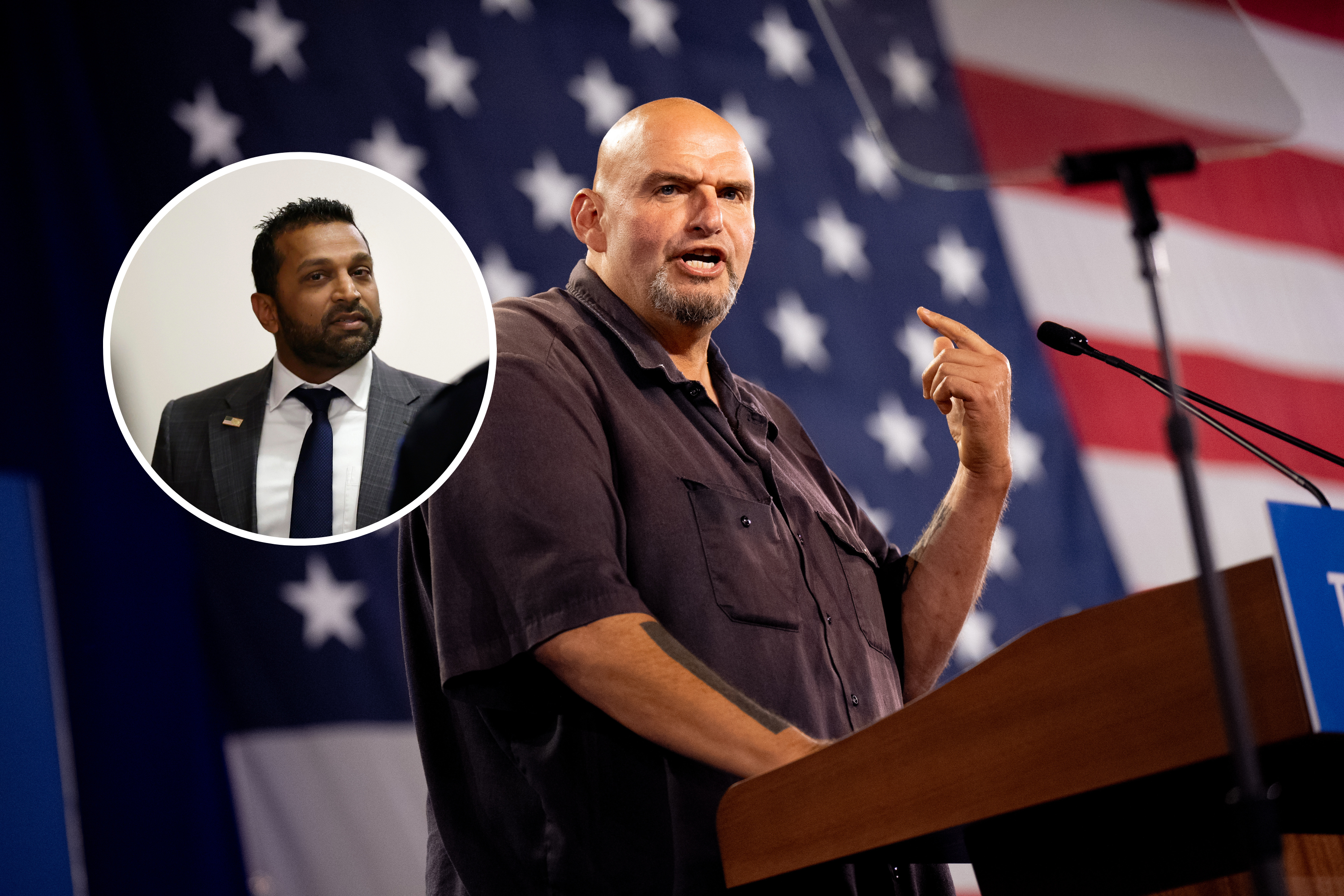The American Stratfor Center for Strategic and Security Studies said that Israel is likely to attack a small number of Iranian targets, in response to the barrage of missiles launched by Tehran yesterday, Tuesday.
However, the Center believes that Israel may be trying to pursue more escalatory options, including launching attacks that are larger in number and have a broader geographical scope, or even continuing its air strike campaign, which is likely to attract more Iranian attacks.
And it was Revolutionary Guard On Tuesday, Iran launched about 180 ballistic missiles towards Israel, including the headquarters of the Israeli intelligence service (Mossad) In Tel Aviv, in retaliation – as he said – for the killing of the head of the political bureau of the Islamic Resistance Movement (agitation) in Tehran Ismail Haniyeh On July 31, Secretary-General LHezbollah Lebanese Hassan Nasrallah and an Iranian general on September 27.
The American Center claimed in its assessment that these strikes had a relatively limited impact on Israel itself, as first responders reported so far that only two people were injured. It also appears that the missiles did not hit major military or civilian infrastructure and may not have been considered a threat by Israeli air defense systems.
The Israeli army vowed to respond, but said it would carry out such operations at a time and place of its choosing, while the United States stated that it was taking steps to help secure Israel defensively from any further attacks.
According to the assessment, the Iranian attacks aim to respond to Israeli provocations, as well as to reassure its local supporters and agents in the region after a series of major operational setbacks and assassinations that befell the two Iranian-backed groups (Hamas and Hezbollah).
Although the Iranian Revolutionary Guard initially refrained from responding to Israel's killing of Ismail Haniyeh, the assassination of Nasrallah and deputy commander of the Quds Force, Abbas Nilforoushan, likely “emboldened” Tehran to respond in order to maintain a certain degree of deterrence vis-à-vis the Israelis, which had been diminishing. Over time, while Israel has been constantly crossing the red lines set by Iran and its allies over the past few weeks and months, according to a Stratfor assessment.
Iranian leaders also had to “appease” the hardliners who constitute their popular base at home, as well as show that Tehran would not abandon Hezbollah, its “most important agent” in the region, in order to maintain a degree of political credibility with the Lebanese party and other Iranian agents in what It is called the axis of resistance.
In addition, the Iranian response came after Hezbollah was subjected to major Israeli attacks, which left it “in a state of chaos and vulnerable to a ground Israeli invasion of southern Lebanon.”
Following Nasrallah's assassination, Hezbollah supporters reportedly blamed Iran for abandoning the party in its fight against Israel.
The Stratfor Center quoted a report published by the Axios website on September 30 that Israeli and American intelligence indicated that Hezbollah directly asked Iran to take revenge for the killing of Nasrallah, but Iran expressed reservations even though Iranian officials denied this.
The Stratfor Center goes on to assess that despite the expansion of the scope of the Iranian bombing, it appears that the attack did not cause significant Israeli human losses, which would weaken Israel’s political logic to justify launching an expanded counter-strike on Iran in the near term, especially since Tel Aviv Currently focused on the northern front with Hezbollah.
Ramsey replied
However, the site says that the Israeli military will still look to find ways to respond to Iran and reduce the likelihood of future Iranian strikes or at least mitigate their size and impact, according to the assessment.
In its less risky approach, Israeli forces may choose, according to Stratfor, to strike a specific number of strategic targets inside Iran, similar to the symbolic response Israel carried out in response to Iran's bombing of it in April 2024.
The site expected that such an attack would be motivated by tactical motives and aimed to avoid causing major human losses inside Iran, or causing serious damage to a major Iranian sector.
It is likely that Israel will be limited to only one round, during which it will strike selected targets around the nuclear, energy, and missile sectors, and perhaps drones or other military-industrial sectors in Iran, in limited quantities.
He pointed out that this would reduce the direct threat of a comprehensive regional war, but would not eliminate that threat, noting that even targeted attacks could lead to another round of direct Iranian retaliation.





